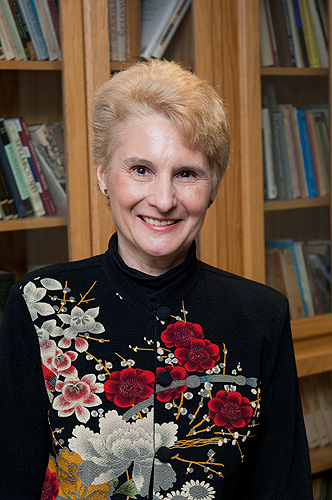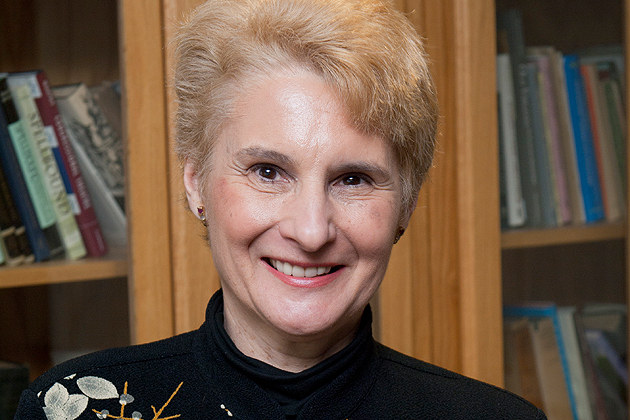
Disturbing themes, unlikeable characters, and story lines that are of no comfort to readers might account for contemporary author Valerie Martin’s lack of popularity, despite the fact that she is the author of 13 books and the winner of the Orange Prize.
English professor Veronica Makowsky says the quality of Martin’s writing is on a level with that of Henry James.
“Martin is a writer’s writer,” says Makowsky who is completing a book about Martin’s works this summer. “She is technically accomplished, tightly organized, and her work is incredibly compelling.”
Martin’s style is simple and clear, and the writing draws the reader in hypnotically. But at least some of her protagonists are unpleasant and unreliable narrators. For instance, Manon, the white slave owner and narrator of Property, which won Britain’s Orange Prize, is cruel, unhappy, and full of complaints, although the issues the book raises—the nature of freedom, the force of evil, the role of women, and other themes—are powerful.
“Martin is not going to make us feel entertained or comforted either,” says Makowsky.
Although each of Martin’s books is different and her work is not necessarily readily recognizable to readers, there are clear patterns and recurring themes, Makowsky says.
Martin is the author of nine novels, three collections of short stories, and a biography of St. Francis of Assisi. Her novel Mary Reilly, the diary of Dr. Jekyll’s housemaid, won the Kafka prize. Her most recent work is The Confessions of Edward Day.
Makowsky and Martin have never met, but Makowsky has interviewed her by phone and emailed back and forth with the author. “She has been incredibly generous with her time,” she says.
Makowsky is also working on a memoir of her own life growing up in Branford, Conn. A first-generation college student, she completed her undergraduate work at Connecticut College and her master’s and Ph.D. at Princeton.
“I might as well have gone to a foreign country,” she says. “It was wonderful but it was also really tough. There were a lot of privileged people there who had been to many places I’d never been. I had to interpret what they were saying, even though I understood the meaning of their words.”



